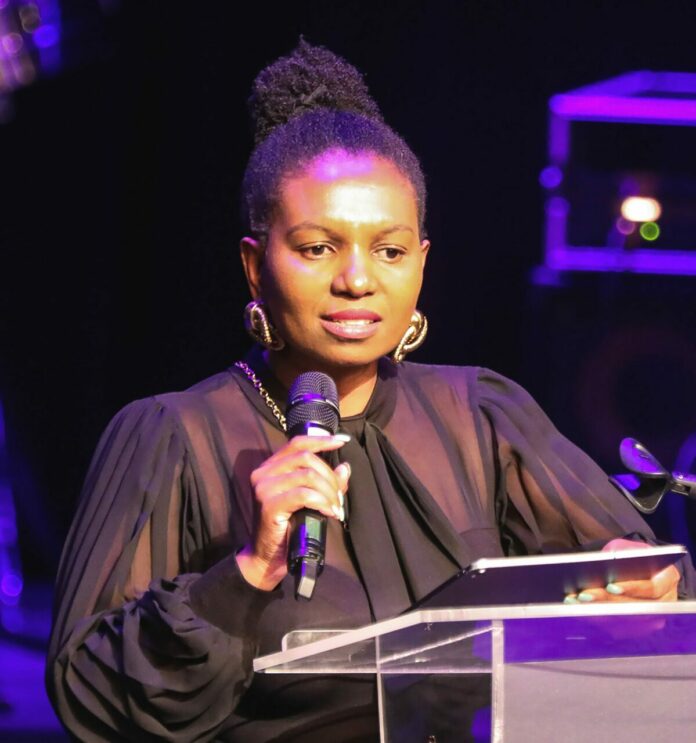The turf war between Gauteng economic development MEC Tasneem Motara and the board of the state-owned Gauteng Growth and Development Agency (GGDA), which led to a high court ruling last week reversing the board’s dissolution, runs deep and involves accusations that the head of department (HOD) conspired to sideline Motara.
Evidence of the allegations, according to the MEC’s backers, is contained in a piece of legal advice the HOD, Blake Mosley-Lefatola, obtained at the request of the GGDA board. The advice granted the board powers to appoint chief executives in GGDA subsidiaries without consulting Motara.
In a backlash, Motara warned board chairperson Dr Sibongile Vilakazi in a letter in February that Mosley-Lefatola’s legal advice was not supported by the law or regulations, and that all communication between the board and the department should be directed to her office and not the HOD.
The GGDA has four sector implementing entities that it wholly owns, namely the Automotive Industry Development Centre (AIDC), Gauteng Industrial Development Zone (GIDZ), Constitution Hill Development Company and The Innovation Hub Management Company.
Motara also questioned the board’s decision to appoint the CEO of the AIDC, saying it was done without her knowledge or concurrence.
“The appointment was brought to my attention through an announcement,” she said.
She said it was odd that under her predecessor, Parks Tau, now deputy minister of cooperative governance and traditional affairs, the board had sought his concurrence in the appointment of the CEO for the GIDZ. She said it was odd that the board requested clarity from Mosley-Lefatola on the same process.
“I wish to remind the board that the GGDA has a single shareholder – the MEC on behalf of the provincial government. The GGDA is the only shareholder of subsidiaries, and that, therefore, implies that the shareholder of subsidiaries remains a single person on behalf of the Gauteng provincial government, that being the MEC responsible for the department of economic development.”
Motara said she would seek legal advice from senior counsel relating to the appointment of subsidiary CEOs. She would request that the board not proceed with any further CEO appointments until that opinion was received. In the same letter, she stated that the GGDA CEO appointment process would be restarted.
In a second front of the conflict, a whistle-blower has alleged that a company that listed Vilakazi as its business strategist, Purple Growth, clinched under her stewardship as board chairperson a contract to facilitate the GGDA board’s strategy sessions. According to records, the company was also part of the board induction in December 2021.
On its website, Purple Growth said Vilakazi was a seasoned senior development expert who had practised political, social, and market research for a large part of her career.
Vilakazi said on Friday: “I don’t get involved in procurement. The CEO is responsible for that.” She referred to the court papers and judgment for the board’s version.
She said the GGDA board was back in the office after the court found Motara’s decision to dissolve the structure was invalid.
“The GGDA provides concurrence for the CEO, not the MEC. However, the MEC was briefed by HOD on all appointments.”
Mosley-Lefatola said that as per the department’s legal opinion, the GGDA was a share-holder of its subsidiaries and therefore entitled to appoint the CEO. Regarding his relationship with Motara, he said: “I have a professional and amicable relationship with the MEC.”
Follow @SundayWorldZA on Twitter and @sundayworldza on Instagram, or like our Facebook Page, Sunday World, by clicking here for the latest breaking news in South Africa.



